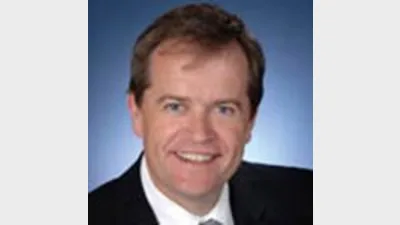Industry welcomes boost to superannuation



After almost a decade of lobbying from the superannuation industry, the Government has passed legislation that will see the superannuation guarantee (SG) lifted from 9 per cent to 12 per cent.
The passing of the Minerals Resource Rent Tax (MRRT) through the Senate will provide the funding for the boosted retirement savings, according to Minister for Financial Services and Superannuation Bill Shorten.
"The MRRT … accounts for the cost to the budget of superannuation being taxed at the 15 per cent concessional rate instead of those wages being taxed at their normal (higher) marginal tax rate," said Shorten.
The increase in compulsory superannuation contributions was welcomed by the Association of Superannuation Funds of Australia (ASFA) chief executive Pauline Vamos, who said the move would take the pressure off the age pension and give Australians a better quality of life in retirement.
She pointed to research by Allen Consulting Group, commissioned by ASFA, which showed the change would lead to a 0.33 per cent increase in real gross domestic product by 2025 - equating to an extra $195 in the hands of each Australian.
Australian Institute of Superannuation Trustees (AIST) chief executive Fiona Reynolds said the measure was "long overdue".
"It's nearly 10 years since super contributions were last increased, and yet we've known for many years that 9 per cent is simply not enough for a comfortable retirement," Reynolds said.
An AIST poll conducted by Essential Media found 75 per cent of Australians support the SG, and that one in three "thought the six-year phase-in period - which begins on 1 July 2013 - was too slow".
However, Financial Services Council (FSC) chief executive John Brogden said the phased-in nature of the SG increase - combined with the corporate tax cut - would ensure it was not a burden on employers.
He also pointed to FSC research which showed the increase in the SG would reduce the retirement savings gap from $1.02 trillion to $836 billion.
"Higher savings will reduce Australia's reliance on international investment, lower the current account deficit, and ultimately provide a cheaper and more stable pool of funds for Australians to draw on," Brogden said.
Recommended for you
Australia’s largest super funds have deepened private markets exposure, scaled internal investment capability, and balanced liquidity as competition and consolidation intensify.
The ATO has revealed nearly $19 billion in lost and unclaimed super, urging over 7 million Australians to reclaim their savings.
The industry super fund has launched a new digital experience designed to make retirement preparation simpler and more personalised for its members.
A hold in the cash rate during the upcoming November monetary policy meeting appears to now be a certainty off the back of skyrocketing inflation during the September quarter.









